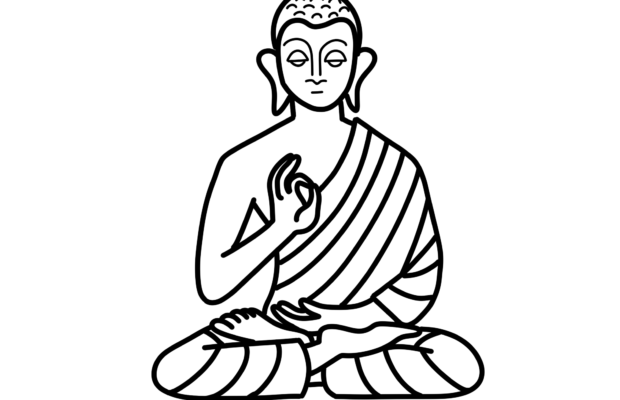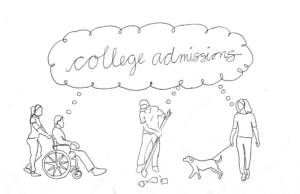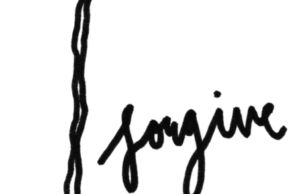Buddhism needs to be taught more accurately

Being part of a Buddhist family, my childhood is painted with memories of practicing Buddhist traditions and values. At such a young age, of course, I didn’t fully grasp the complexities of the Buddhist beliefs, or the deeper meaning and symbolism behind our traditions. However, I did have a general understanding of Buddhism as a peaceful pursuit of contentment and ultimately enlightenment. Most importantly, I was proud to be Buddhist.
It wasn’t until I first encountered the overly-simplified, glossed-over portrayal of Buddhist beliefs in school that my pride began to falter. In middle school, I remember being excited at the prospect of learning about my own religion in the classroom. By that point, I was only ten years old, yet I had already learned my fair share of Christian beliefs. I knew about the Bible and probably could have even given a quick synopsis of myths like Adam and Eve and Noah’s Arc.
When the lesson about Buddhism finally came, however, I found it to be a gross misrepresentation; a mirage of what I had learned in childhood. It merely stated that Buddhists believed all life was suffering and the ultimate goal was to be rid of its burdens–a depressing sentiment that bore no semblance to what I had been taught. Looking back, it is apparent that many of these inaccuracies and misrepresentations apply to countless other religious groups as well.
From that point on, I refrained from ever talking about being Buddhist at school, because I knew what my peers already thought of it. Who could blame them for believing what was in our history textbook? I found that I was not eager to talk about my Vietnamese heritage either, because my religion and culture were so inextricably intertwined.
The only time Buddhism was ever revisited in school was near the end of my senior year. It was brought in by my IB Literature teacher to provide cultural context for a Japanese novel we read. Though the content was much more accurate and comprehensive, it was still incredibly brief and only reached the couple dozen students in that specific class.
Now, I know better than to let the flaws in our curriculum hinder my pride in my cultural and religious background. Nonetheless, my experiences merely reflect the numerous examples of minority groups being brushed over in history. I would never advocate that religion be taught in schools for more than its historical and sociocultural value. However, as Eurocentrism continues to permeate our society, it only underscores the importance of when the spotlight does happen to fall on minority religions–religions like my own.


